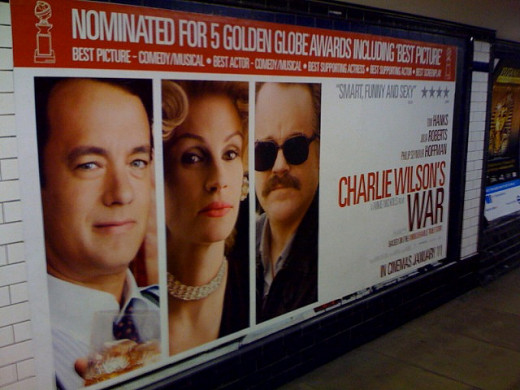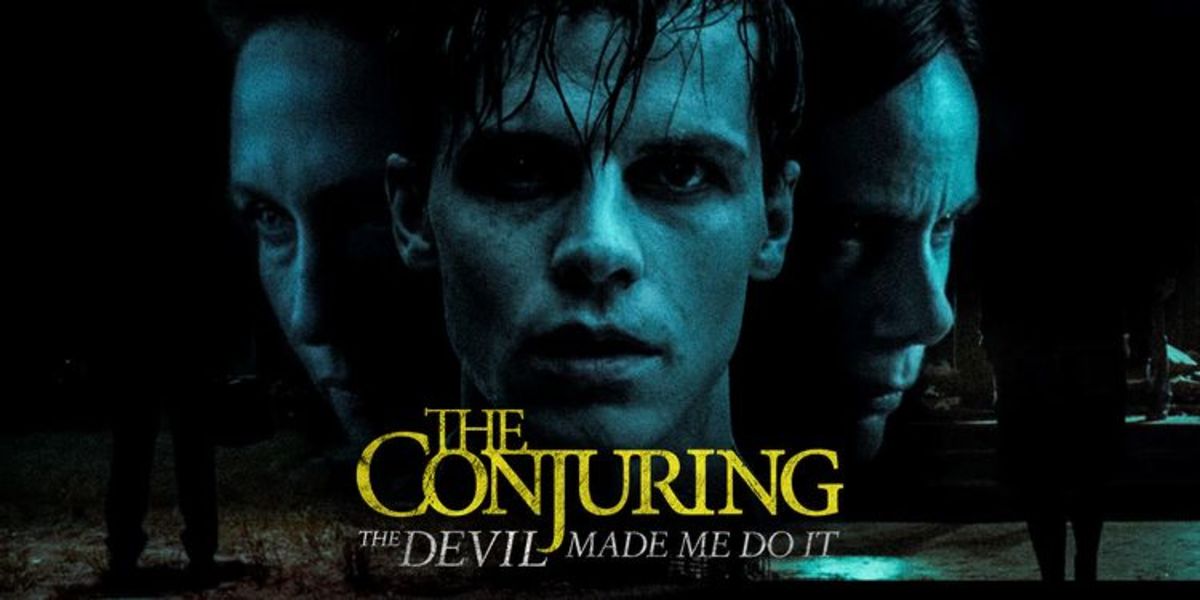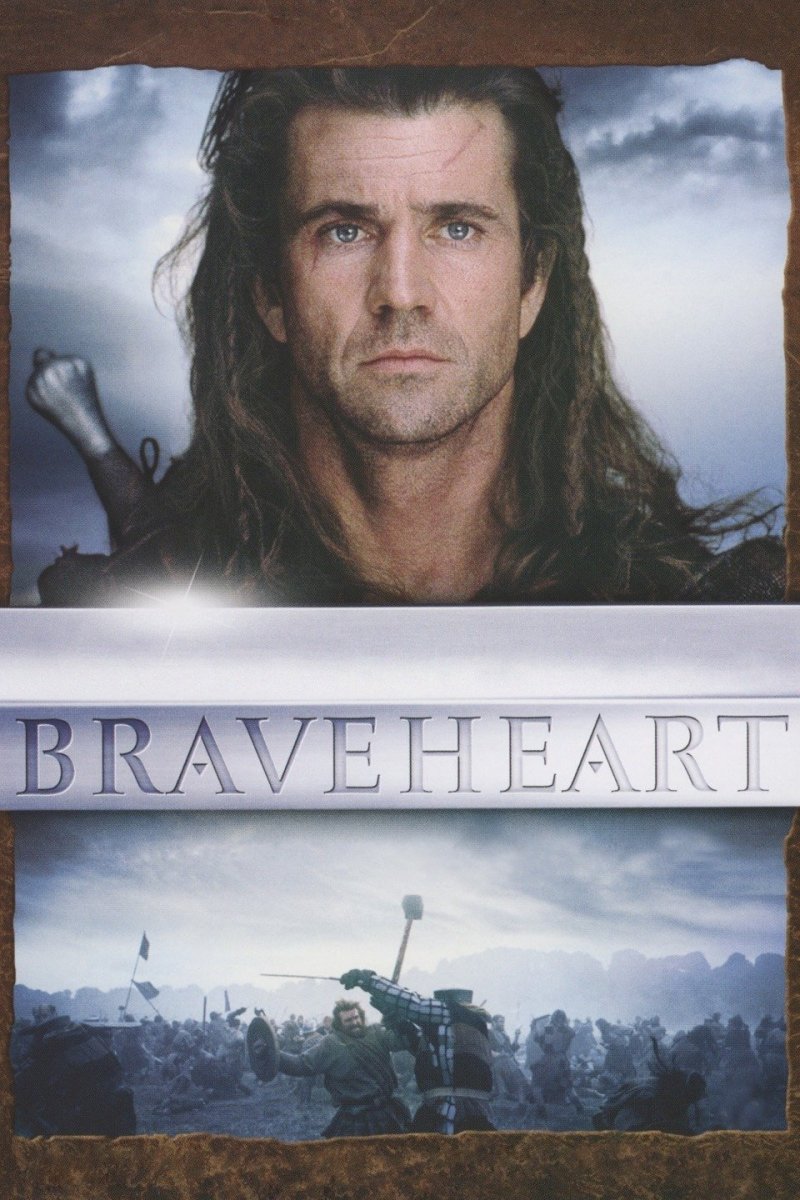Lessons Learned From Movies: The Zen Master and the Little Boy

Life teaches us lessons.
Sometimes people have to live through terrible tragedies to learn those lessons. Fortunately, because we can communicate, humans have the ability to learn from others. Therefore, we can skip the drama and avoid making the same mistakes that so many others have made before us. All we have to do is observe and learn.
Like all the other ways that we communicate, movies often teach us these life lessons. And, it’s not just the movies with the in-your-face messages that I would classify as modern parables (e.g., A Christmas Carol, The Family Man, The Wizard of Oz, etc.)
In many movies, there is a scene that is mixed in with all the explosions, car chases, and beautiful people living extraordinary lives, that has a message we can all learn from. Unfortunately, many people fail to notice, because the writers introduce it so subtly that it is easy for the audience to overlook.
Governing Dynamics: Ignore the Blond
When you think of the 2001 movie, “A Beautiful Mind,” starring Russell Crowe as the brilliant American mathematician John Forbes Nash, Jr., you probably think about how much stress and pain he had to go through as a result of his struggles with paranoid schizophrenia.
Or, you might focus on the love story about how he met his wife, Alicia Lopez-Harrison de Lardé (Jennifer Connelly), the birth of their son and how mental illness affected their lives. You might also focus on the speech that John Nash gave while accepting his Nobel Prize in 1994 that focused on the fact that the love of his wife was the most important thing in his life. (This is a pretty important lesson.) (Click here to watch that scene on YouTube.)
However, there is another message that I think can be overlooked or is often forgotten.
Although the movie makes it abundantly clear that John Nash was a brilliant mathematician who won a Nobel Prize, the theory that he introduced is somewhat glossed over. In fact, according to Wikipedia, “The discussion of the Nash equilibrium was criticized as over-simplified.”
Although I’m not an expert on Nash equilibrium, even the Hollywood explanation is an interesting concept that I think people can learn from, and apply to their personal and professional lives.
In the scene where the concept is first introduced, a beautiful blonde and her friends enter a bar where Nash and his classmates are socializing.
It is clear that all of Nash’s classmates want to meet the blonde.
His classmates mention the lessons of Adam Smith, stating, “In competition… individual ambition serves the common good.” This leads to the statement, “Every man for himself, gentlemen.”
This is the moment in time where Hollywood wants the audience to believe that a major part of Nash’s famous theory was born, as he smiles and states, “Adam Smith needs revision.”
“If we all go for the blonde… we block each other, not a single one of us is going to get her,” says Nash. “So then we go for her friends, but they will all give us the cold shoulder because nobody likes to be second choice. But what if no one goes for the blonde? We don't get in each other's way and we don't insult the other girls. It's the only way we win. That’s the only way we all get laid. Adam Smith said… the best result comes from everyone in the group doing what’s best for himself, right? That’s what he said, right?”
“Incomplete. Incomplete. Okay?” Nash continues. “Because, the best result would come… from everyone in the group doing what’s best for himself and the group.”
The takeaway that I got from this scene: Compromise and adjustment can lead to a win-win scenario. And sometimes, it is the only way for anyone to win. (Click here to watch that scene on YouTube.)
Charlie Wilson’s War
The second movie that I want to point out is the 2007 film, “Charlie Wilson’s War,” starring Tom Hanks, Julia Roberts, and Philip Seymour Hoffman.
This film points out that sometimes winning can have unintended consequences, and in the end, lead to even bigger problems.
The film is a recounting of the true story of how U.S. Congressman Charles “Charlie” Nesbitt Wilson (Tom Hanks) partnered with C.I.A. case officer Gustav Lascaris “Gust” Avrakotos (Philip Seymour Hoffman) to launch Operation Cyclone, a program designed to organize and support the Afghan mujahedeen during the Soviet war in Afghanistan.
As depicted in the film, Operation Cyclone was a success, resulting in the eventual withdrawal of Soviet troops in February of 1989.
In a scene towards the end of the movie, most of Charlie Wilson’s team is celebrating the Soviet withdrawal, but Avrakotos has the foresight to warn Wilson about what victory might actually mean. (He actually tried to communicate this to Wilson earlier in the film, but the message fell on deaf ears.)
To illustrate the possible unintended consequences that a Soviet withdrawal might bring, Avrakotos tells a story of the Zen master and a little boy.
“There's a little boy and on his 14th birthday he gets a horse,” states Avrakotos. “…and everybody in the village says, “How wonderful. The boy got a horse.” And the Zen master says, “We'll see.” Two years later, the boy falls off the horse, breaks his leg, and everyone in the village says, “How terrible.” And the Zen master says, “We'll see.” Then, a war breaks out and all the young men have to go off and fight... except the boy can't cause his legs all messed up. And everybody in the village says, “How wonderful.”
“Now the Zen master says, “We’ll see,”” interrupts Wilson.
Avrakotos goes on to point out the importance of the story, warning that if the United States doesn’t help rebuild Afghanistan after the war, the country is going to become a breeding ground for lawlessness. He emphasizes his point by dumping out Wilson’s drink and saying, “Listen to what I am telling you.” (At that very moment a plane flies overhead, alluding to the 9/11 attacks.)
As history shows, the United States did little to help rebuild Afghanistan, and it became a breeding ground for terrorists, including the global militant Islamist organization known as al-Qaeda. This organization has claimed responsibility for the 9/11 attacks, the 1998 U.S. embassy bombings and the 2002 Bali bombings.
Up until that scene, the movie focused on the Soviet war in Afghanistan. That scene, however, turned what should have been a happy ending into a cautionary tale. (Click here to watch that scene on YouTube.)
The takeaway that I got from this scene: Winning can lead to unintended consequences that are sometimes worse than the original problems that you were trying to solve in the first place. It also points out that you never really win, because if you rest on your laurels, someone else could and probably will come around to challenge you in a similar or worse way than the original competition. Therefore, follow-through is often needed long after “victory” is achieved.
Final Thoughts
The scene from “A Beautiful Mind” teaches us that sometimes you have to think differently, and have some foresight, in order to achieve the desired outcome. And, sometimes, that means compromising in order to achieve a win-win scenario. In fact, in some cases, it might be the only way for anyone to win.
“Charlie Wilson’s War” teaches us that achieving the desired outcome might lead to much larger problems, and that, often, you will need to continually strive to maintain the desired results long after “victory” is achieved. By extension, it also teaches us that sometimes a loss might not always be a bad thing if it leads to a bigger win later on or if it prevents a major catastrophe down the road. (However, this is something you never really know.)
These are just two examples of life lessons that can be learned from movies.
As I mentioned, many movies have them mixed in with the explosions, car chases and beautiful people living extraordinary lives.
You just have to look for them.
The following YouTube video has some additional examples. I’d suggest taking the time to watch it. Then, in the comment section below, feel free to point out some other life lessons that people can learn from movies.
Did you like this post? If so, you might want to check out some of my other posts on my 1911 Main Street blog.









